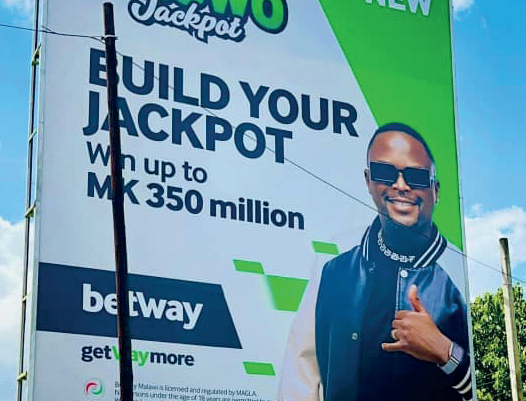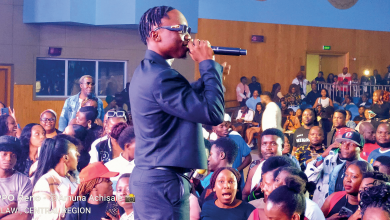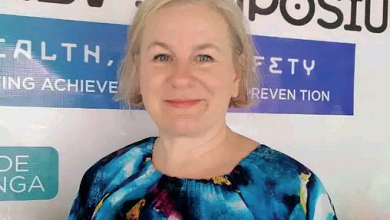Sports personalities miss out on endorsements
Local football players and athletes in the country are missing out on major endorsement deals by companies and organisations in brand promotions, Nation on Sunday has established.
Instead companies, including sports betting firms have preferred using musicians rather than sports figures.

This status is different situations in other Sadc countries where sports figures dominate billboards as the face of various brands.
For example Muzala Samukonga Zambian track and field sprinter who specialises in the 400 metres signed a significant contract with Grand Slam Track (GST), a new track and field project.
On top of that he has a five-year endorsement deal with Adidas for race and training gear, media visibility and direct financial compensation.
Zimbabwean footballer Mohau Nkota has a five-year deal with Nike while another Zimbabwean soccer player, goalkeeper Tatenda Mukuruva who plays for Dynamos and Zimbabwe national team, signed a one-year deal with Umbro.
In Botswana splinter Letsile Tebogo’s serves as a global ambassador for renowned diamond company.
He is also brand ambassador for mobile telecommunications company Orange Botswana:
In Malawi, Betway Malawi have a K42 million-worth brand ambassador deal with artist Gwamba while another musician Onesmus has a six-month K100 million contract with ‘Win Big’
Female musician Emmie Deboo has signed a six month ambassadorial deal with Touch and Glow values at K18 million.
Explaining the discrepancies Sports Marketer and Sports and events marketing consultant Tulipo Mwenelupembe said it all comes down to personal branding.
He said endorsements thrive on visibility, engagement, and audience reach, that’s where the value lies for corporate brands.
“Many Malawian musicians have invested time and effort into building strong, recognizable brands, they’re no longer just artists, they’re businesses. Athletes need to adopt a similar approach.
“This means developing a clear personal brand, managing their image rights, strengthening their social media presence, creating engaging content that resonates with their audience, and maintaining relevance both on and off the field,” said Mwenelupembe.
“That said, all is not lost. There’s a huge opportunity for athletes to tap into this space. But it starts with professional brand development, engaging sports marketing agencies and brand managers who can help them strategically build and position their brands for partnerships,” he added.
Sports analyst Charles Nyirenda said sometimes contracts players sign with clubs can hinder personal endorsements.
“It’s possible that on one hand, the agents of the players or sports figures haven’t been aggressive enough or in given situations I know of football clubs buying out personal endorsements rights when dishing signing on fees.
“I wouldn’t know why that is so, but when I was at FAM wayback in 2009 we took an initiative that culminated in discussions with Lilongwe based beverage manufacturers Shamrock which in the end led to personal 3 year endorsement deals being struck for Itaye Nundwe and Peter Mgangira. Billboards emblazoned with portraits of these two Silver Strikers and Flames players stood out in Lilongwe Old Town,” he said.
Professional marketer Lester Chinyang’anya who works as general manager for Minet+ concurred with Mwenelupembe.
“Product owners or manufacturers use people that are identified as idols; those that are celebrated by a wider population. Musicians by the nature of their business and services have a wider geographical scope than sportsmen. They reach and interact with more people than sportsmen.
“Furthermore the medium used by musicians is more popular and appealing to different classes of people, the young and the old; male and female; town dwellers and villagers, all listen to music. Whereas sports is most of the times specific to the youth,” he added.





